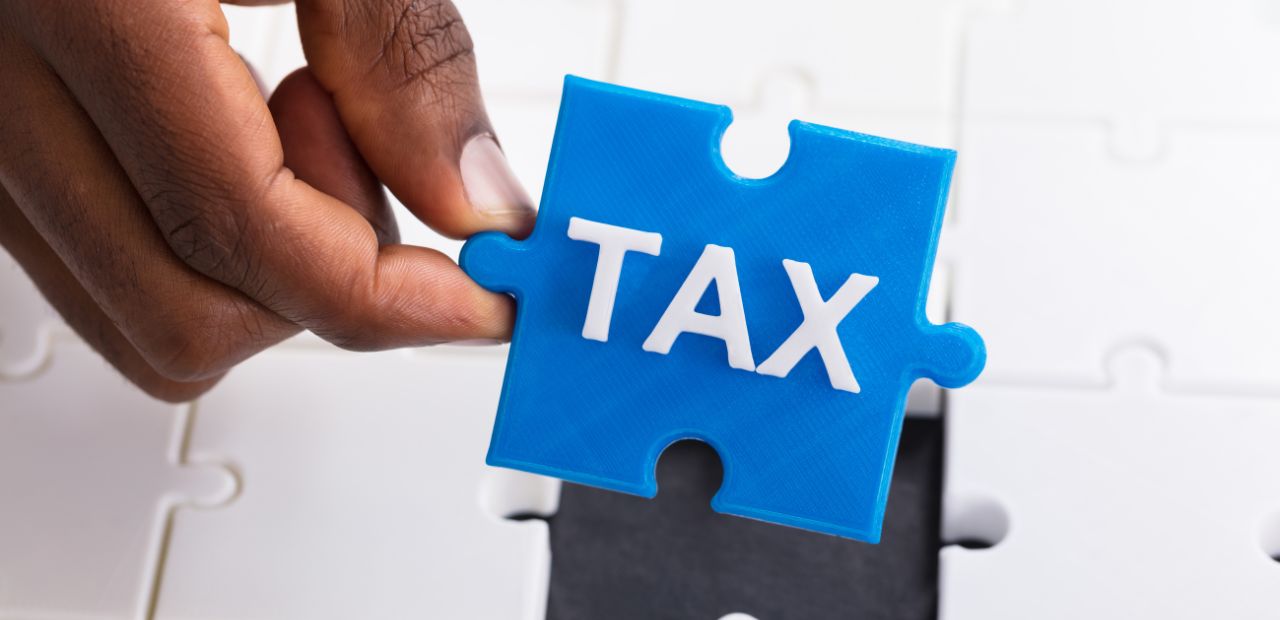For many people, dealing with too much debt can be hard and upsetting. Luckily, there are many ways to get out of debt that can help people get their finances back on track. However, it’s important to know how these debt relief options will affect your taxes before making a choice. We’ll talk about the tax effects of some of the most popular ways to get out of debt in this blog post.
Debt Relief Types For Tax Implications
1. Debt Settlement
When you settle your debt, you talk to your creditors about paying less than the full amount you owe. If you can settle a loan, the amount that is forgiven may be taxed by the IRS. For instance, if you owe $10,000 and settle the bill for $6,000, the extra $4,000 might be taxed as income.
Some things don’t follow this rule, though. When the debt is forgiven, if you are bankrupt (you owe more than you have), you may be able to keep the amount that was forgiven from being taxed. You’ll need to fill out IRS Form 982 to claim this exemption.
2. Debt Consolidation
Debt consolidation is the process of combining several bills into one easier-to-handle payment. A debt reduction loan or balance transfer credit card is often used for this. Debt reduction usually doesn’t directly change your taxes because you still have to pay back the full amount of your debt.
You might be able to deduct the interest you pay on a home equity loan or line of credit if you itemize your taxes and use that money to pay off your debt. Remember that the Tax Cuts and Jobs Act of 2017 only lets you deduct interest on home equity loans that were used to buy, build, or make major improvements to your house.
3. Bankruptcy
Bankruptcy is a legal process that can help people get rid of or reorganize their bills. There are two main types of bankruptcy for people: Chapter 7 and Chapter 13.
Most of your unsecured debts, like credit card balances and hospital bills, are discharged in Chapter 7 bankruptcy. This means you are no longer legally required to pay them. Most of the time, bills that are forgiven through bankruptcy are not taxed as income.
You agree to pay back some of your bills over three to five years when you file for Chapter 13 bankruptcy. Any unpaid debts that are still there may be forgiven at the end of the repayment time. Like Chapter 7 bankruptcy, Chapter 13 bankruptcy does not usually count as taxable income when it comes to getting rid of bills.
4. Credit Counseling and Debt Management Plans
To pay off your unsecured bills, credit counseling services can help you make a debt management plan (DMP). The credit counseling service works with your creditors to get lower interest rates and fees waived as part of a DMP. After that, you make one monthly payment to the service, and it sends the money to your creditors.
Most of the time, being in a DMP doesn’t have any direct tax effects because you are still responsible for paying off all of your bills. If, however, you get some of your debt cleared as part of the DMP, that amount may be taxed as income.
5. Student Loan Forgiveness
Many programs can forgive student loans, such as the Public Service Loan Forgiveness (PSLF) and the income-driven payback plan. Most of the time, forgiven student loan debt is not taxed as income under these schemes. There are some exceptions, though, like loans that are canceled through the “Defense to Repayment” program, which may mean that the income is taxed.
Conclusion
When deciding how to handle your debt, it’s important to know how debt help will affect your taxes. Some ways of getting out of debt, like debt settlement, may cause you to earn income that is taxed. Other ways, like bankruptcy or getting rid of student loans, usually don’t have any direct tax effects. Your unique financial situation requires that you talk to both a tax expert and a debt relief expert to figure out the best way to handle your money.
If you’re having trouble with debt and need help figuring out what your options are, contact MDR Financial. Our team of experts can help you for your debt that works for you in the world of debt relief. Don’t let debt take over your life any longer. Call MDR Financial today to take the first step toward financial freedom.











